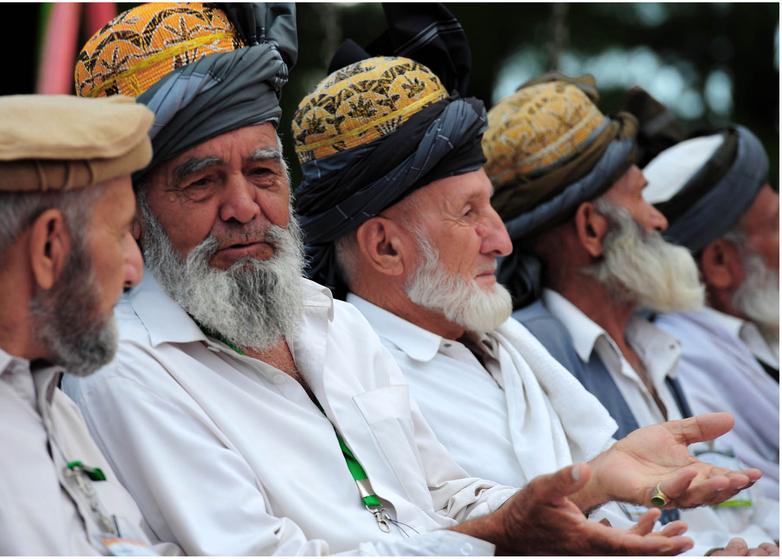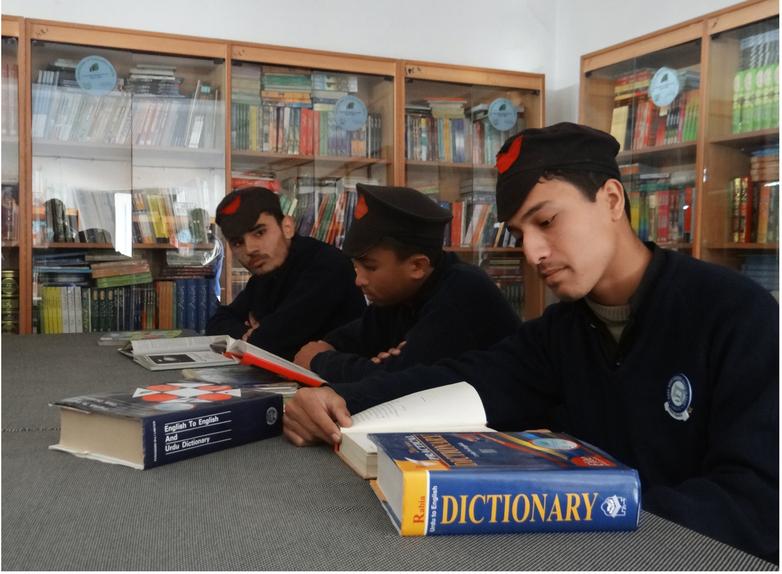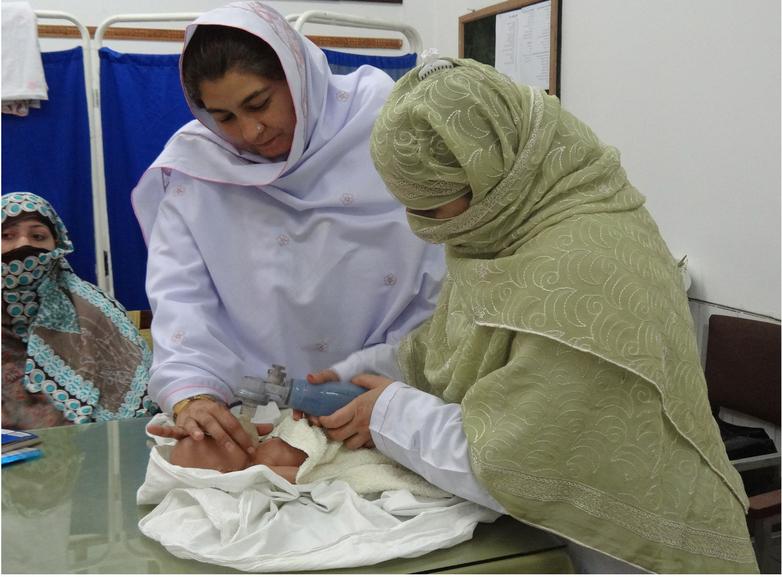Context
The seven Tribal Districts, formerly known as the Federally Administered Tribal Areas (FATA), are located along Pakistan’s border to Afghanistan. It is a region of rich tribal culture and tradition, but also marked by extreme poverty as well as numerous overlapping and often violent conflicts. The population uses traditional tribal representation and decision-making processes. However, due to its remoteness and lack of local administrative structures in FATA, the state has limited access and ability to deliver fundamental social services. In addition, local conflicts and repeated military operations have displaced segments of the local population and restricted social infrastructure over the past 15 years.
Although, significant efforts have been made towards the introduction of reforms in the area. In 2017, the National Parliament approved the comprehensive reform to key policy areas such as peace and security, matters concerning internally displaced persons, the justice system, the constitutional system, and restructuring of political responsibilities, as drawn up by the Reform Commission. In May 2018, an amendment was passed by the Parliament of Pakistan to merge the former FATA with the province of Khyber Pakhtunkhwa. Main challenges are marginalisation, limited inclusion in planning and decision-making processes as well as inadequate basic services and income-generating opportunities.
Objective
The FATA Development Programme (FDP) is improving the performance capacity of governmental players and civil society groups in the tribal districts with a focus on basic education, health services, and dialogue between the population and government. FDP is simultaneously implementing the EU Multi-donor Action ‘Aid to Uprooted People in Pakistan’ (AUP) whose focus is the reintegration of FATA Temporarily Displaced Persons (TDPs).


